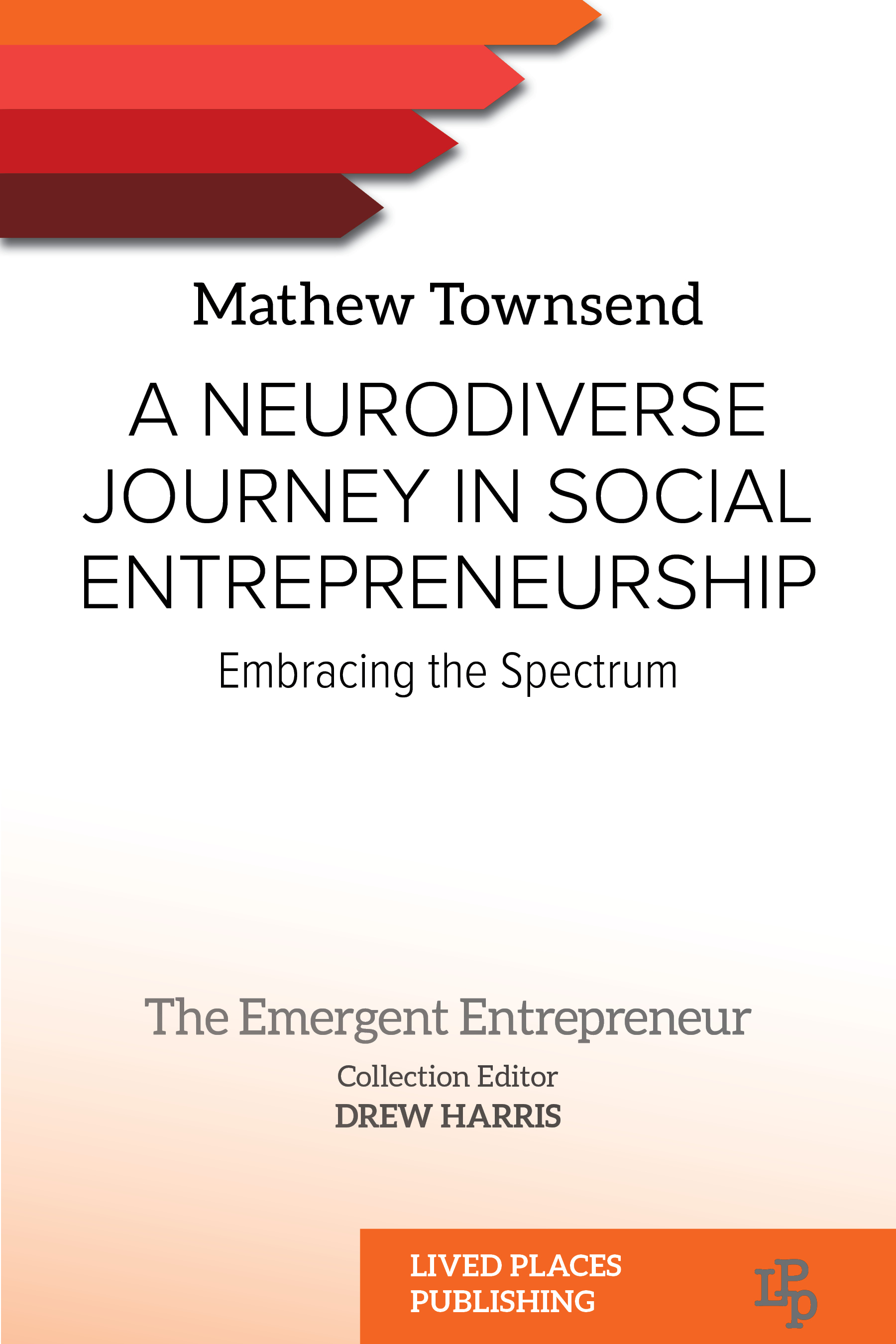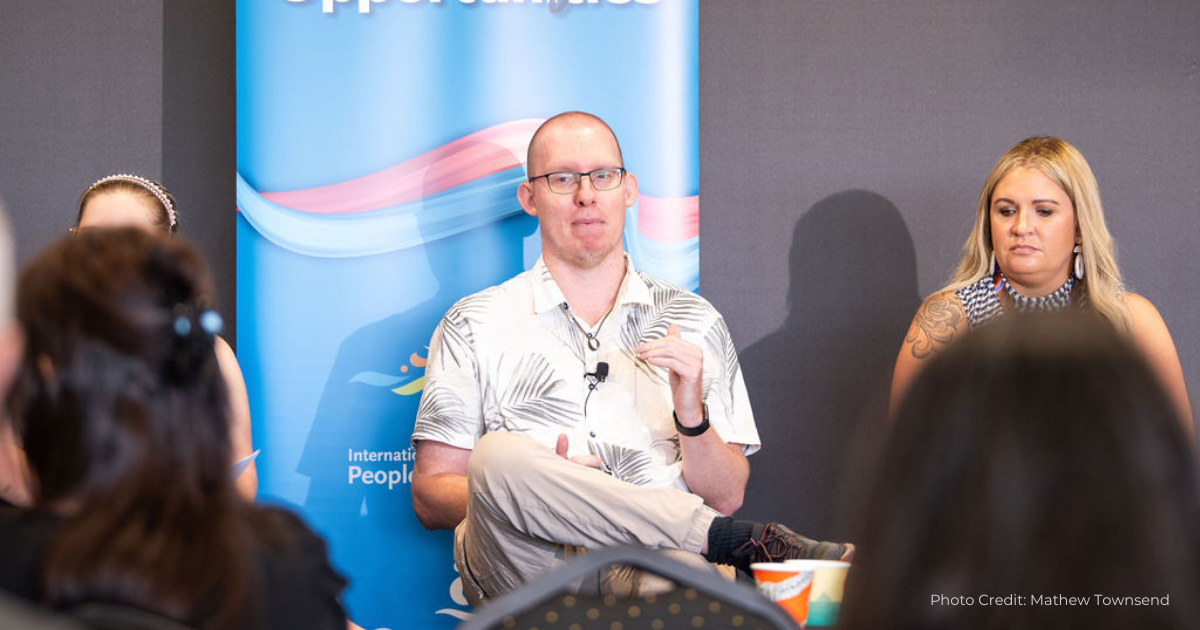Neurodiversity is not just a catchphrase – it is a powerful advantage that drives business success. Individuals with neurodivergent minds bring exceptional skills, perspectives, and problem-solving abilities to the table, improving businesses innovate, develop new strategies, and develop their products and services. Whether in technology, creative industries, or social enterprises, neurodiverse individuals influence significantly to economic growth and business sustainability.
Yet, despite these contributions, diversity, equity, and inclusion (DE&I) programs – initiatives designed to support marginalised communities, including neurodivergent individuals – are under threat. The recent news of U.S. President Donald Trump’s administration planning to dismantle DE&I efforts in government and business sectors is terrifying. This move not only undermines decades of advancement but also threatens to divide and weaken the entrepreneurial environment that has long benefited from diverse talents.
The Role of DE&I in Social Entrepreneurship
DE&I is more than just a corporate responsibility inventiveness – it is a substance for social entrepreneurship. Many social entrepreneurs come from underrepresented backgrounds, including people with disabilities, neurodiverse individuals, and those from culturally and linguistically diverse (CALD) communities. These entrepreneurs have manufactured businesses that not only provide employment opportunities but also drive social change by addressing systemic disparities.
Research has shown that businesses with strong DE&I policies tend to outperform their competitors. Companies that embrace neurodiversity have described improved productivity, better employee retention, and increased advance. However, when governments start rolling back DE&I initiatives, the ripple impacts can be harmful, especially for social enterprises that rely on these programs for funding, networking, and policy support.
The Australian Threat: A Step Backwards?
Tactlessly, this is not just an issue confined to the U.S. – Australia faces a similar danger. With an upcoming federal election, political leaders are debating the relevance of DE&I advantages, with some arguing that they offer no substantial benefits. However, these arguments lack evidence. There has been no clear information presented to justify the dismantling of DE&I programs, nor have policymakers acknowledged the success stories of businesses and social enterprises that have thrived due to these initiatives.
Eliminating DE&I support would severely impact recruitment, workplace inclusion, and economic opportunities for marginalised groups. It would also decrease awareness about the influences of neurodivergent individuals and people with disabilities in entrepreneurship and business growth. Without these programs, social isolation among people with disabilities is likely to increase, limiting their access to meaningful employment and financial independence.
The Human Cost of Losing DE&I
For people with disabilities and neurodiverse, DE&I programs are further than just policies – they are supports. Without coordinated support, many individuals face barriers to employment, education, and entrepreneurship. Social isolation, which is already a general issue for neurodiverse individuals, could worsen if workplaces and business ecosystems become with a reduction of inclusive.
My experience working in the disability, youth, and mental health sectors has shown me immediate how important DE&I initiatives are. They establish meaningful opportunities for individuals to participate in expressive work, gain financial independence, and contribute to society. Lacking these initiatives, we risk going backwards – collapse decades of progress in making workplaces and businesses more inclusive.
When I speak up about these issues, I often encounter conflict from individuals who support the dismantling of DE&I programs. Many of them have never underwent exclusion themselves, nor have they taken the time to recognise the struggles faced by marginalised groups. If they had met someone whose life was transformed by a DE&I initiative, perhaps they would reconsider their viewpoint.
Why Businesses Should Care
It is in the best interest of businesses to assist DE&I, particularly neurodiversity. Organisations that adopt diverse talents benefit from improved problem-solving abilities, greater innovation, and stronger team collaboration. Likewise, an inclusive workplace culture fosters employee satisfaction and retention.
The removal of DE&I programs will not only harm individuals but also harm businesses. Without these initiatives, companies will struggle to tap into a diverse talent pool, potentially lost out on pioneering ideas and perspectives. This is particularly concerning for industries that rely on innovation, such as technology, healthcare, and entrepreneurship.
The Future of DE&I in Social Entrepreneurship
While the threat to DE&I is real, there is still hope. Advocacy and awareness energies can help shift public perception and encourage politicians to recognise the value of these initiatives. Social entrepreneurs and business leaders must come together to push back against policies that threaten inclusivity.
Moreover, businesses can take standalone action to support neurodiversity and inclusion. Investing in training programs, creating mentorship opportunities for neurodiverse individuals, and fostering an inclusive company culture are all steps that can be taken to ensure that DE&I remains a priority, even in the face of political opposition.
Conclusion
The dismantling of DE&I initiatives is a threat to social entrepreneurship, business growth, and the economic well-being of marginalised communities. Neurodiversity is a strength, not a weakness, and businesses that embrace it stand to benefit immensely. It is critical that we continue to advocate for policies that support diversity and inclusion, ensuring that all individuals – regardless of their background – could thrive in the workplace and entrepreneurial space.
If we allow these initiatives to be erased, we risk undoing decades of progress. Instead of going backward, we must push forward, championing the voices and talents of those who have been historically excluded. The future of business, innovation, and social impact depends on it.
What can the lived experience of a neurodiverse social entrepreneur teach us about the strength and innovation that comes from diversity?
 Through candid storytelling, social entrepreneur and author Mathew Townsend takes readers on a captivating exploration of the entrepreneurial landscape, offering a rare glimpse into the mind of a neurodivergent leader.
Through candid storytelling, social entrepreneur and author Mathew Townsend takes readers on a captivating exploration of the entrepreneurial landscape, offering a rare glimpse into the mind of a neurodivergent leader.
Delving into the unique challenges, triumphs, and insights gained from navigating the intricate intersection of neurodiversity and entrepreneurship, A Neurodiverse Journey in Social Entrepreneurship explores topics including building an inclusive enterprise, leadership styles, adaptation, and the importance of embracing authenticity.
Emphasizing the value of diverse perspectives, this exploration of lived experience acts as a guide for aspiring entrepreneurs and a call to action for a more inclusive business world. A must-read for those seeking a fresh perspective on entrepreneurship and the untapped potential within diverse minds, this memoir is ideal reading for students of Business and Entrepreneurship, Disability Studies, Sustainability Studies, as well as entrepreneurs, HR professionals, and allies.
We want our books to be available to as many people as possible. If you’d like to purchase an individual copy, please email us and we’ll give you a discount code:
HEADER IMAGE CREDIT: Mathew Townsend




Great article! I especially liked: “Without these programs, social isolation among people with disabilities is likely to increase, limiting their access to meaningful employment and financial independence.”